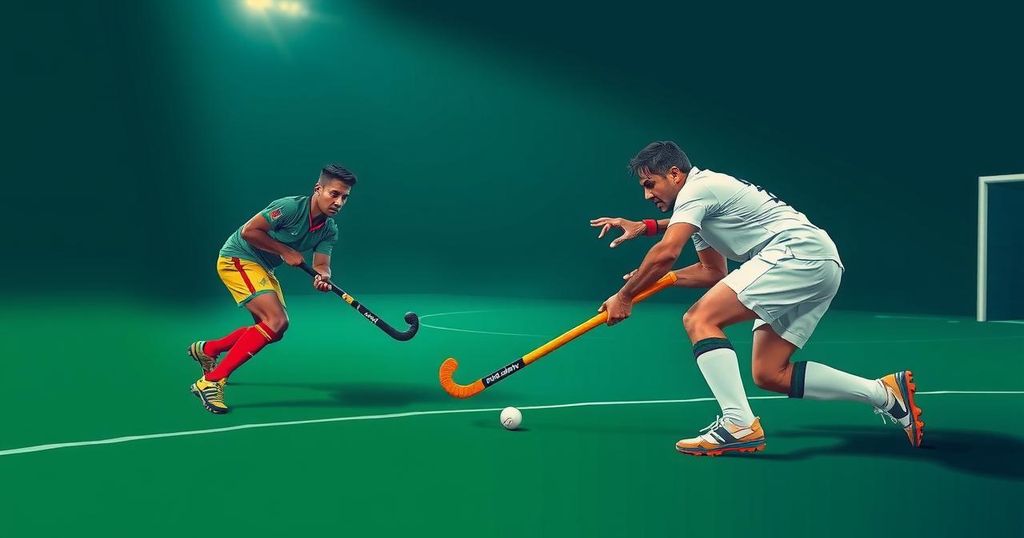Pakistan-Kenya Hockey Relations: A Legacy of Collaboration and Success

The article recounts the historical significance of the relationship between Pakistan and Kenya in hockey, particularly during the 1960s when Pakistan prepared for major tournaments through competitive series with Kenya. The reminiscences of Avtar Singh Sohal highlight the contributions and achievements of both teams, emphasizing the mutual benefits derived from their interactions. The article also discusses the decline of Kenyan hockey post-independence, yet underscores Sohal’s continuous involvement in the sport.
The golden era of Pakistan hockey, marked by Olympic triumphs in 1960 and 1968, along with other significant victories, owes much to its strategic training partnerships. Notably, Pakistan often chose Kenya for preparatory games before major tournaments like the Olympics and World Cup. This collaboration proved beneficial for both nations, with Kenya achieving remarkable results on various international stages, including a surprise fourth place at the 1971 World Cup.
One of the central figures in Kenya’s hockey history is Avtar Singh Sohal, a celebrated player who recently reminisced about his time with Pakistani hockey legends. At 85 years old, Sohal recalls an era where hockey thrived among the Indian-origin communities in Kenya, supported by vigorous club competitions.
During his visit to Pakistan, Sohal attended activities honoring Pakistani hockey greats and shared insights on the vibrant sporting atmosphere back in the 1960s. Matches between Pakistan and Kenya were thrilling and competitive, fostering strong ties between player communities. The strategic training sessions enabled both nations to fine-tune their skills, preparing them for international excellence.
Iranian hockey experienced a decline after Kenya gained independence in 1963, leading to an exodus of Asian players to other countries, diminishing the sport’s presence domestically. Nevertheless, Sohal remained active in hockey, transitioning into coaching and refereeing roles long after his playing days. This dedication to the sport contributed positively to its legacy even as the landscape changed.
The article provides an overview of the historical relationship between Pakistan and Kenya in the realm of hockey, focusing on the period during which Pakistan was a dominant force in international hockey. It highlights the significance of Kenya as a training ground for the Pakistani team leading up to major tournaments, detailing the competitive nature of matches and their impact on both countries’ performances. Avtar Singh Sohal’s recollections of this era offer valuable insights into how multicultural involvement enriched the sport in Kenya, shaping its players and teams.
In conclusion, the historical ties between Pakistan and Kenya in hockey illustrate how international collaborations can lead to mutual success in sports. The competitive matches not only prepared Pakistan for success in Olympic and World Cup competitions but also elevated Kenya’s presence in international hockey. Figures like Avtar Singh Sohal symbolize the communal and cultural bonds that strengthened the sport in both nations, leaving a lasting legacy even amid the changing dynamics in Kenyan hockey after independence.
Original Source: www.dawn.com







